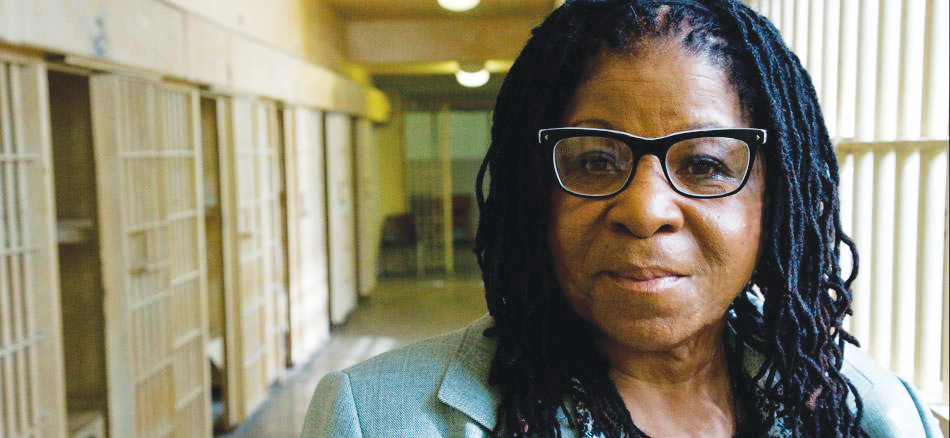

Those sensations I always craved, light, relieved, unburdened: These are associated with the telling of secrets.

You step down from the stage and spend the next thirty years wondering what would have happened if you'd revealed yourself. But if you wait until you understand everything, you never say anything at all. You left the most important part out.I know that will happen, and that knowledge is tormenting. Holy shit, that's so offensive! That's blind, naive, strange. I fear that I might look back at this book and think: That's all wrong. And that the purpose of therapy isn't to ratify this identity but to redefine it. What I have come to realize is that if.is at the core of my identity, it's because I've allowed it to roost there. Becoming Ms.“It was one thing to recognize.the defining experience of my adolescence, but as a woman in my forties I hesitated to name it as the central aspect of my identity.The stories we tell about ourselves - whether for forty-five minutes at a stretch or over hundreds of pages - shape our self-inventions. Her organization, A New Way of Life, operates five safe homes in Los Angeles that supply a lifeline to hundreds of formerly incarcerated women and their children-setting them on the track to education and employment rather than returns to prison. Once clean, Susan dedicated her life to supporting women facing similar struggles. On her own, she eventually found a private drug rehabilitation facility. She cycled in and out of prison for over fifteen years never was she offered therapy or treatment for addiction.

As a resident of South Los Angeles, a black community under siege in the War on Drugs, it was but a matter of time before Susan was arrested. Consumed by grief and without access to professional help, Susan self-medicated, becoming addicted first to cocaine, then crack. Summary: "Susan Burton's world changed in an instant when her five-year-old son was killed by a van driving down their street.


 0 kommentar(er)
0 kommentar(er)
